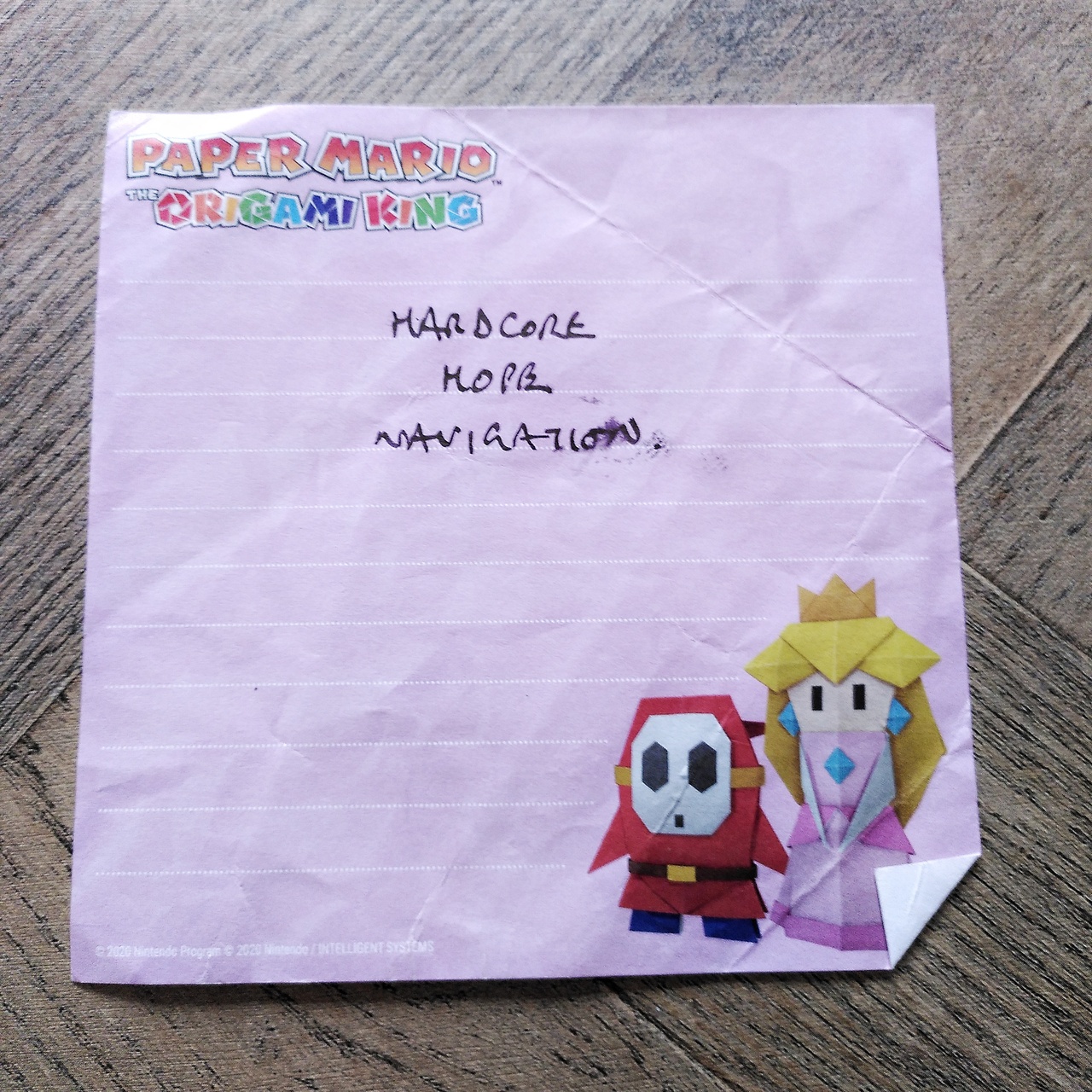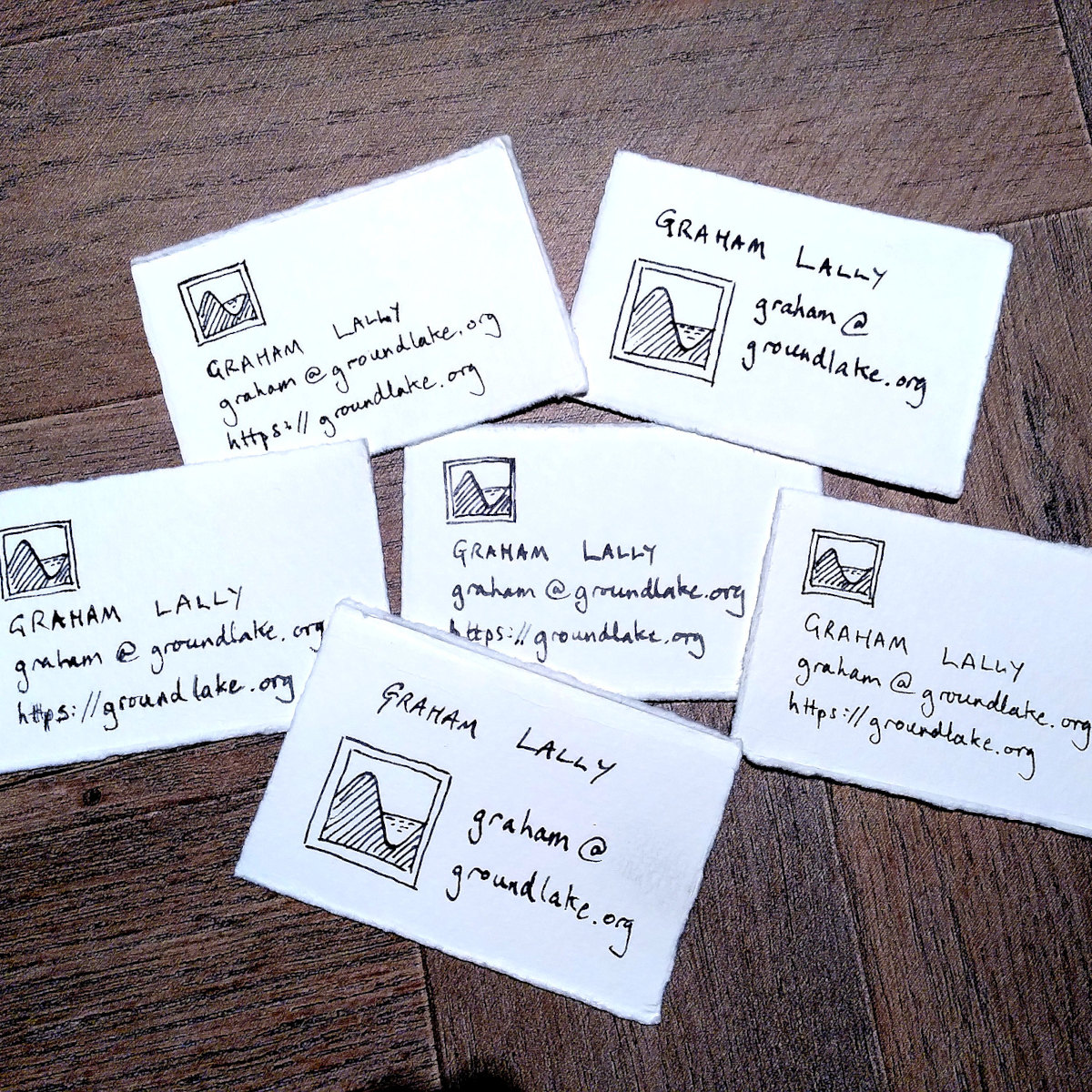So yeah, I disappeared from blogging for a few months.
And, to be kind of honest, I’ve not been "feeling the net" as much since taking a break from it over Christmas time.
I mean, I’ve been here, lurking and present, chatting with a few people here and there and getting on with work. But let’s dig in a bit here – what I mean when I say "feeling the net" is about the engagement with the zeitgeist, the pervading culture around internet usage that everyone seems to undergo, from when they wake up to when they go to sleep. And possibly beyond that too.
I’ve recently been looking ahead a few months again, sussing out possible projects and future routes for the year. Some of that has meant treading back into some of the online/offline networks that I’ve mentally-muted for a while. And while I can see value in these networks (they wouldn’t exist if they didn’t provide social capital of course), I find I’m really … sensitive to the nature of these spaces. Not one particular space – more the overarching patterns of how these spaces operate. Busy, busy, busy. Hyperbusy.
It feels as if we’ve developed a certain social vocabulary around how we expect social media to work, in the same way that we have certain learned patterns for user interfaces, as well as offline behaviour. And it also feels like we – as a collective userbase – have largely sleptwalked into this new substrate of modern life, only noticeable once we take time out from it for a while.
As a userbase, our experience is formed around this need to connect to each other. But that central nugget is then shaped and guided by mass data observation, the need to extract profit from the network, a genuine desire to build communities from networks, and interfaces which are inherently fragmented.
(It’s complicated, of course. I could dig into any of those factors for at least a few pages, but that’s not something for now. This was meant to be a short post to clear the mind.)
Post. Read. Like. Share. Comment. Repeat. Effects on the individual. Effects on the collective. I’ve been thinking about this stuff for a long time, and keep coming back to it. It doesn’t sit well with me, even after 20+ years.
Because, in short, net culture is killing me a little. ("Killer app", haha.) It’s tiring to jump from one world-changing topic to another within the single flick of a scroll-wheel. It’s exhausting getting pinged by eight different threads inside a minute. It’s not good to be anxious about someone messaging you with a random personal fear at 11pm that they need you to sort out. (The last one hasn’t happened to me, but it’s certainly not an uncommon tale for people.)
It’s hard defending my own energy against all of that.
Right now, my core social tech is relatively basic (ie. without going super-niche). I have email, with some decent (and manual) filtering going on. I have Discord and Signal for a few close contacts, and for some good (read "still distracting, but inspiring") Community chatter. I have WhatsApp for a few local groups because that’s where they organise things (parents, sports club). I have Slack for clients. My RSS reader is currently broken, and needs fixing because I like feeds, but I’m not missing it as much as I thought I would.
OK, that seems like a lot already. But the key thing is they’re all there for a reason – and I know what the reason is. That feels like a world away from what I experience when I go out into places like LinkedIn, Twixxer, Mastodon, news sites, etc.
And secondly, the key difference is about how much I can curate my own experience, from the people involved, to the content itself, to the interface. Anything that decides what I should see and how I see it moves me away from that, distracts me from my own needs. Disempowers me. Divides me.
Anyway, that’s what I’m feeling today. I’m posting this on my blog, for my own brain. Not for the likes, not for the comments, not for boosting company shares. (Oh hey, "Share this" vs "Share value", lol.)
I’d like to form smaller networks around me; pop-up communities that only exist in real-time, tiny mailing lists that last a month, flash chats where everyone is silent, that kind of thing. I should get better at that. Watch this space? Or get in touch.
Featured image is some business cards I made by hand last week. In this age of AI-generated works, algorithmic content feeds and shoulders-upward communication, paper and pen seems like a rebellious act.

